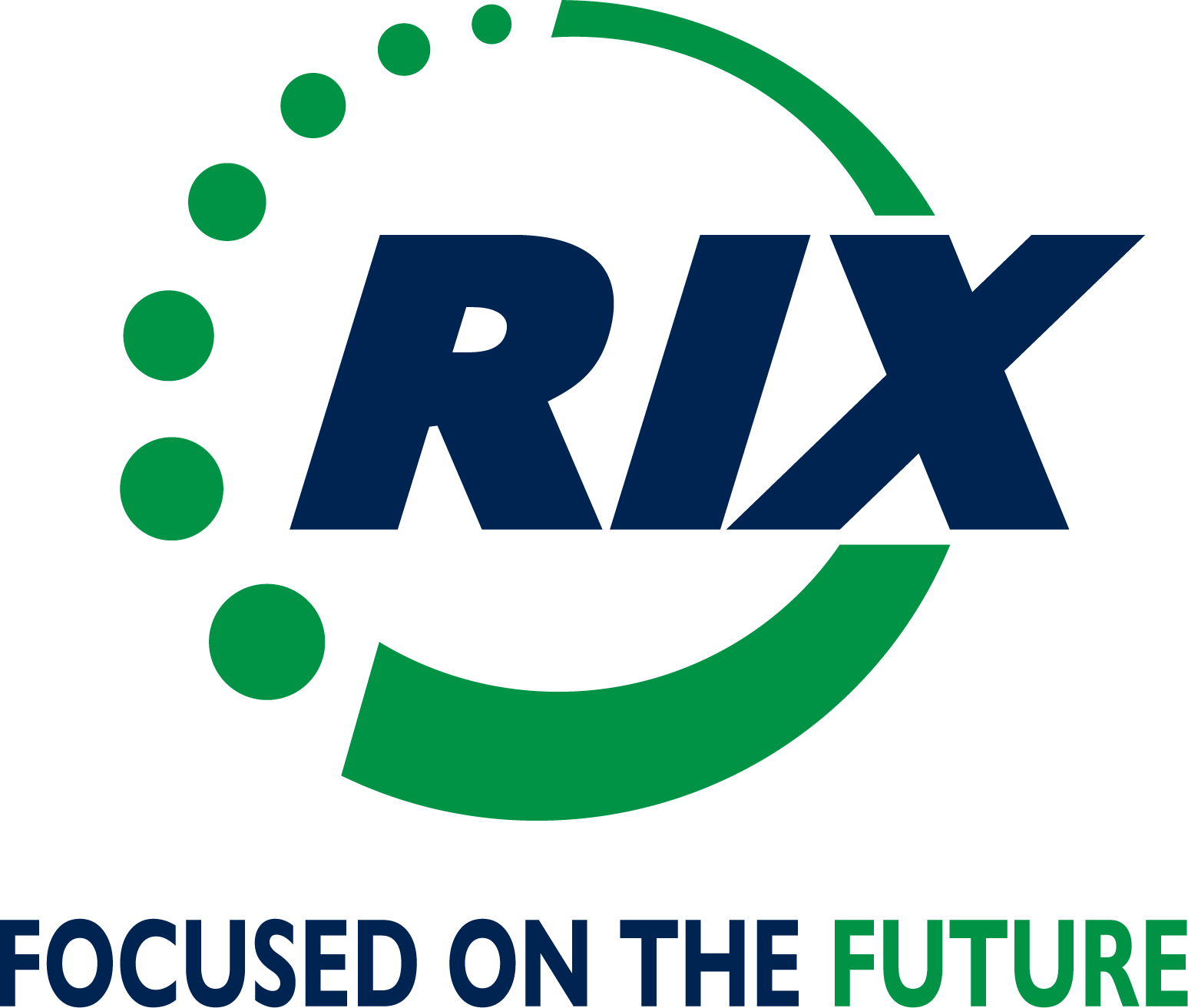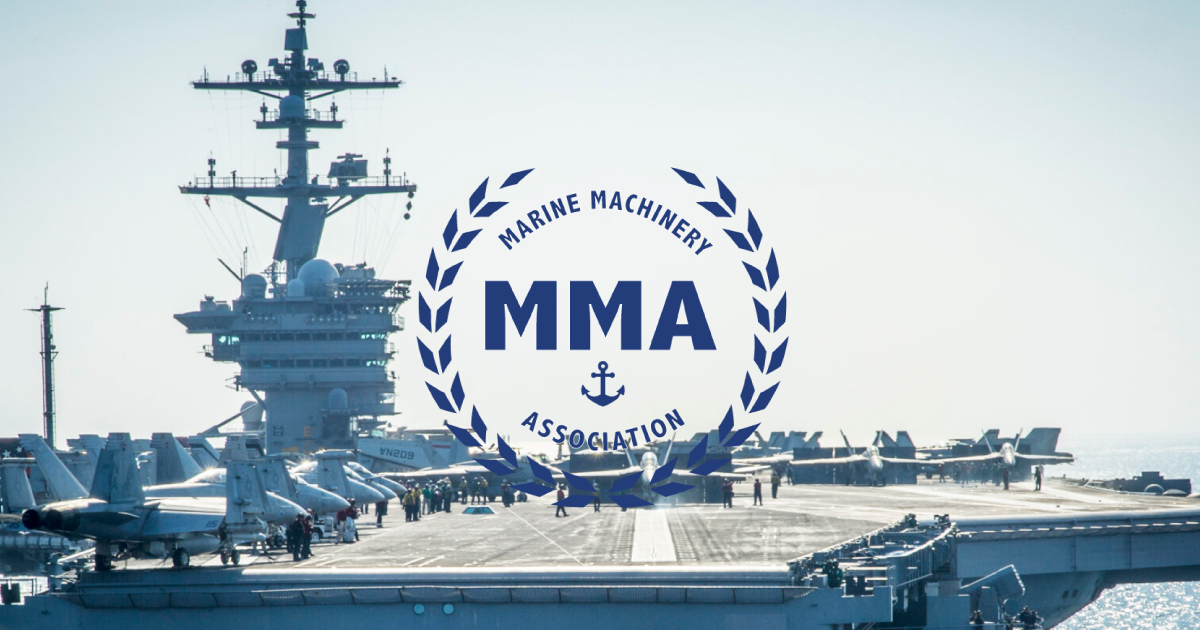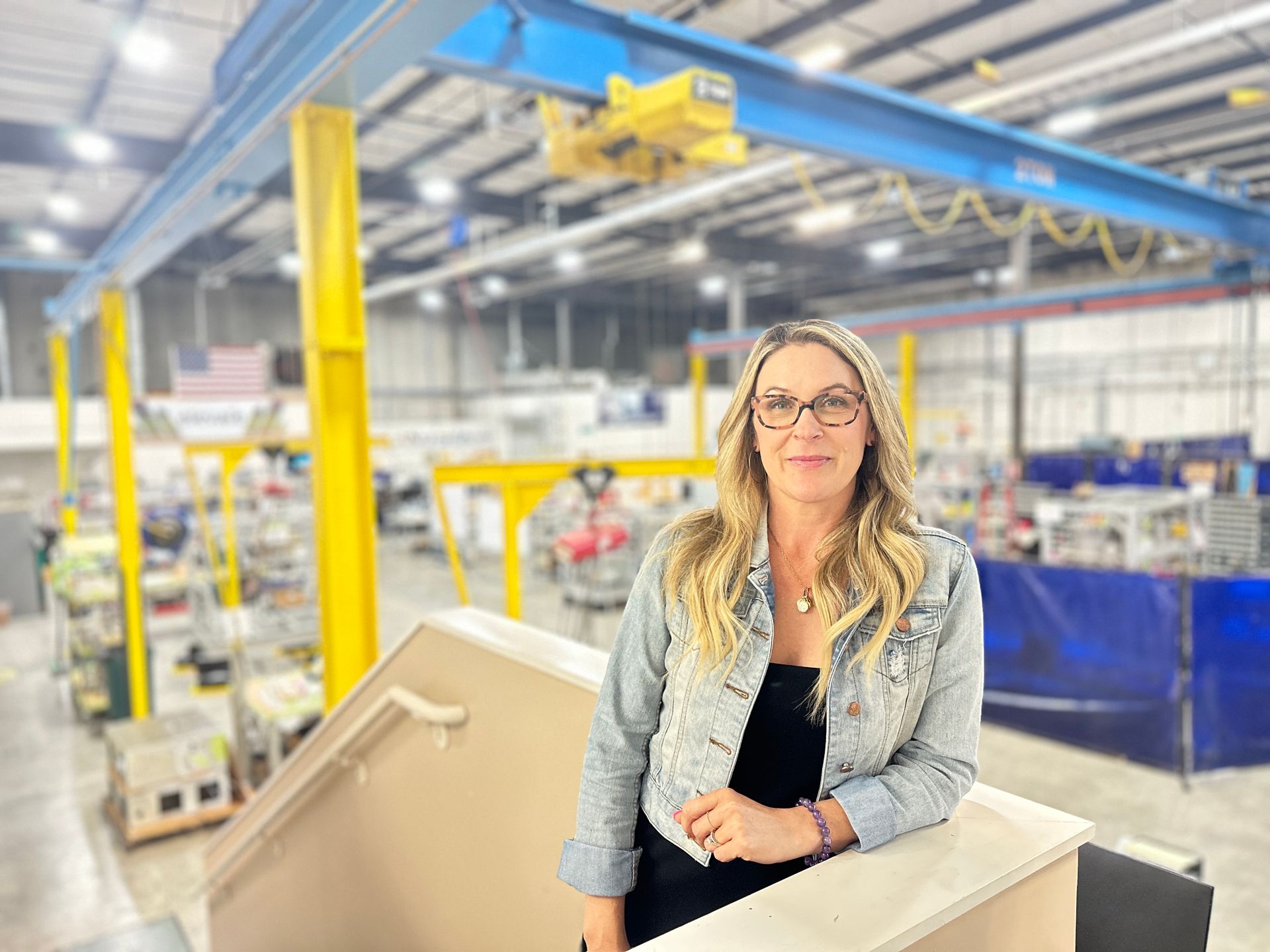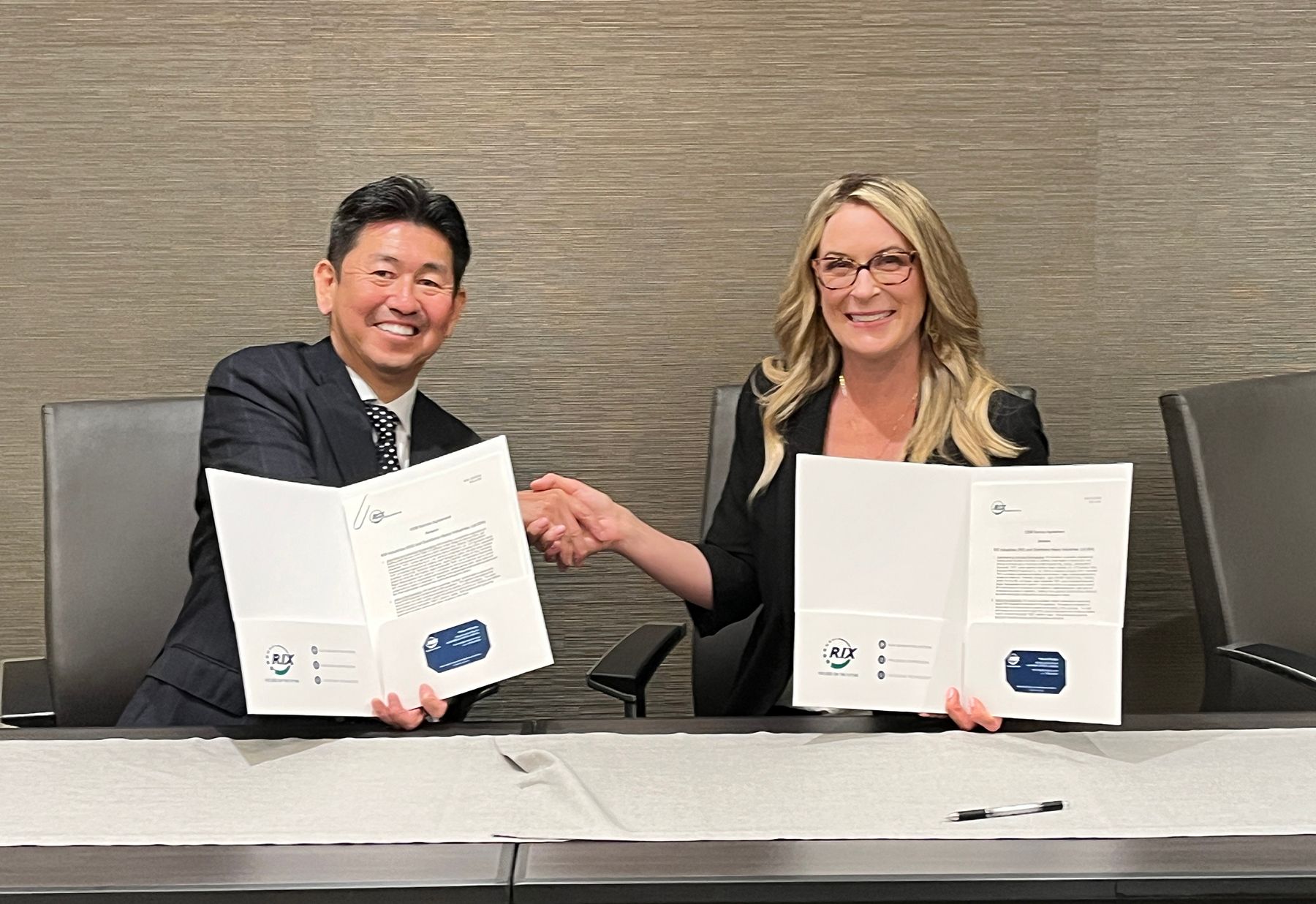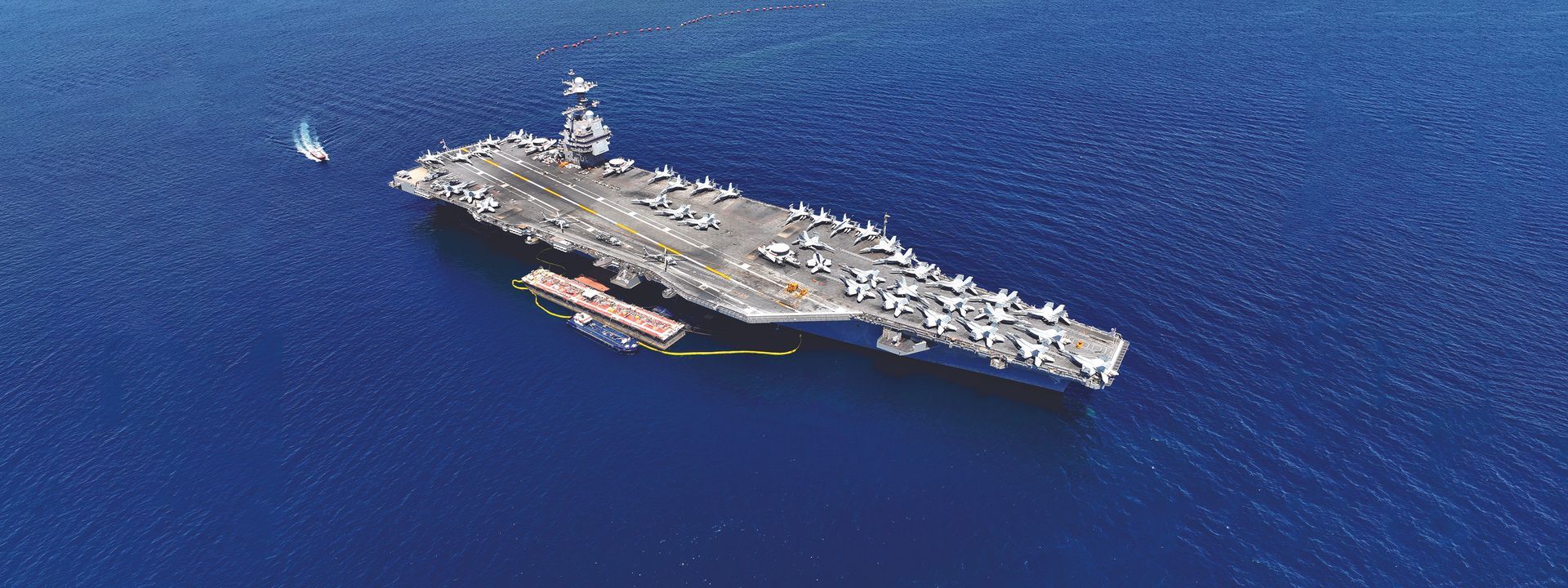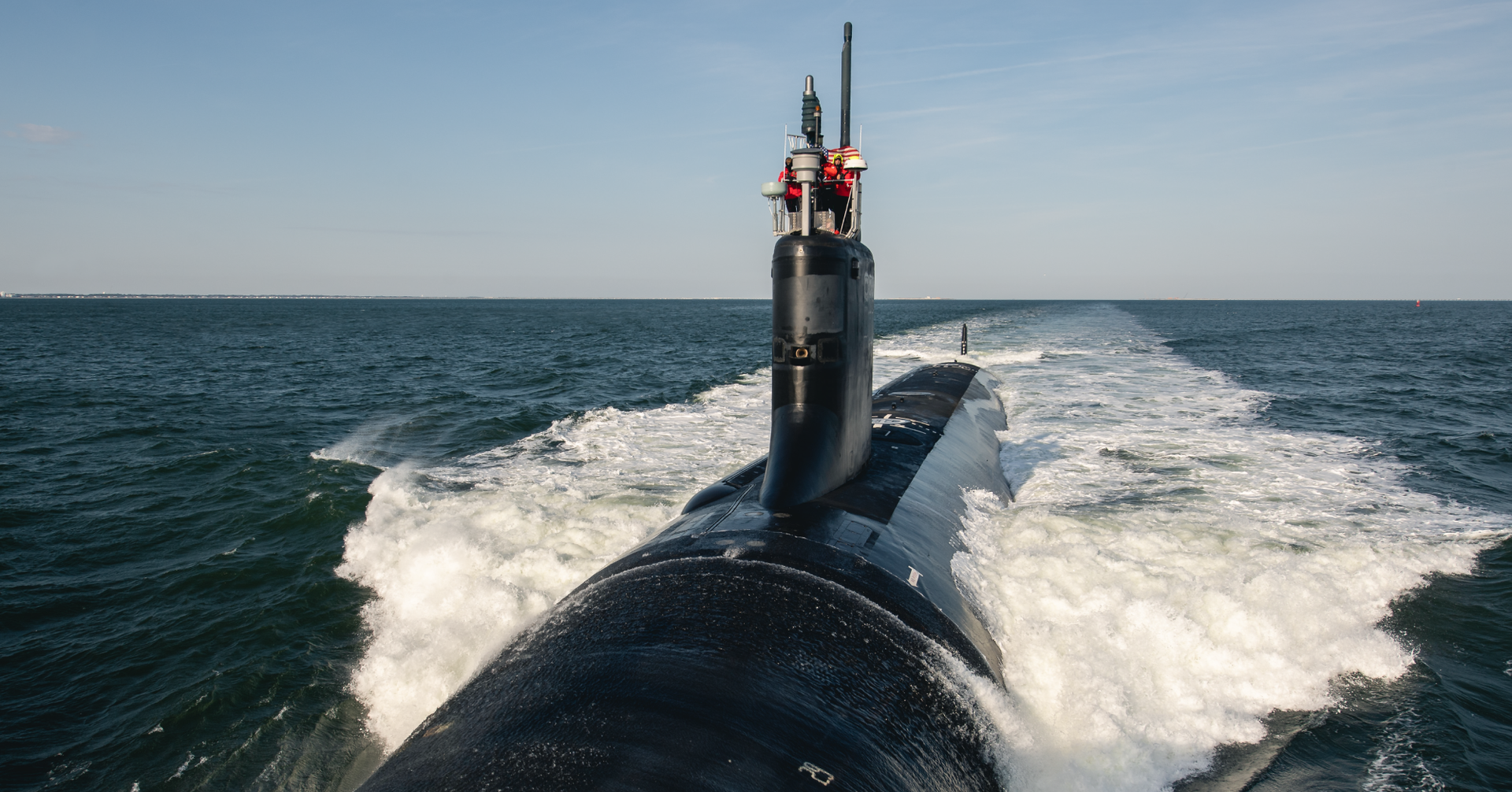Inside RIX
A Conversation with Our Senior Director of Customer Support and Service

Michael “Mike” McNulty
Director of Business Development, Naval Systems
Senior Director of Customer Support and Service | RIX Industries
Mike McNulty has held engineering and leadership roles at organizations like Newport News Shipbuilding, NASA, and Dresser-Rand. A Certified Maintenance and Reliability Professional (CMRP), he now leads Naval Systems business development and Customer Support at RIX Industries, where he champions smarter service solutions and a culture of excellence. Mike can be reached at mmcnulty@rixindustries.com or via LinkedIn.
Q&A with Mike McNulty, Director of Customer Support and Service
Mike McNulty brings a service-first mindset and decades of technical experience to RIX Industries. In this Q&A, Mike reflects on the U.S. Navy's evolving readiness goals, RIX’s mission, and the personal values that guide his work.
Q: How would you describe the Navy’s current readiness goals?
A: Naval readiness is more urgent and complex than ever. With just 296 ships in the fleet, the U.S. Navy has set a goal for 75 of those vessels to be deployment-ready within 72 hours. That’s a significant shift from past expectations. Global tensions—across the Pacific Rim, Red Sea, Mediterranean, and Ukraine—mean the Navy must maintain an active presence in multiple theaters. Meeting that demand is a huge challenge, and readiness has never mattered more.
Q: What role does RIX play in supporting Navy readiness?
A: At RIX, we sell readiness. That’s what I tell our Navy clients. We provide compressors for new ships, but we also maintain over 600 units that are already out in the fleet. While the Navy does a lot of its own maintenance, when something goes wrong, they rely on us to get it fixed. My directive to the team is simple: RIX should never be the reason a ship can’t leave the pier. That mindset drives everything we do.
Q: How do you respond when schedules change suddenly?
A: The key is flexibility and speed. Most of the time, we know a couple of months ahead which ship we’ll be working on and what the job entails. But that can all change if the Navy has to reallocate ships to meet readiness goals. When that happens, we have to be ready to go at a moment’s notice. That means having material on hand, technicians trained and positioned, and a system that can pivot on a dime.
Q: How did you become so service-oriented?
A: I’ve been in service my whole life. When I was 11, I got a paper route. Before my first delivery, my dad had me write a letter to my customers explaining how I would deliver the paper on time and take care of them. It was a lesson that gave me what I like to call a ‘service heart’ and it has stuck with me ever since. It means putting the customer first—doing whatever it takes to make sure they are happy and have what they need to succeed. That’s the kind of attitude I look for when I hire. Not everyone has it, but when you find someone who does, you know they’ll go the distance.
Q: Why do you prioritize hiring veterans?
A: Half of our technicians are Navy vets. They already understand ships, compressors, chain of command...they speak the Navy’s language. Plus, they have that service mindset. I grew up in a Coast Guard family, so I have deep respect for what military folks do. We even added a veteran symbol to their business cards as a reflection of their service and dedication. When a naval engineer sees that, it builds immediate trust and starts conversations that strengthen relationships.
Q: How has the customer support program evolved since you joined RIX?
A: When I came on board at RIX, customer support was called 'aftermarket support,' which didn’t really reflect the depth of what we do. We changed the nomenclature and, with it, the mindset. We added rentals, analytics, and reliability consulting. We’re helping clients plan maintenance better and respond faster when something breaks. It’s not about selling parts, it’s about keeping ships mission-ready. That’s the standard to which we hold ourselves.
Q: Can you share a story that captures your commitment to service?
A: I have so many! But one that stands out happened in 1994. I was finishing a shipboard job in Hawaii when I got a call. There was a submarine in Connecticut that was in dire need of an emergency compressor repair. I flew across the country that night, worked 26 hours straight, and got the machine up and running just before deployment. When I walked off the ship, the captain and crew were waiting for me. They rang me off like I was the commanding officer, an incredible expression of appreciation. That moment reminded me why this work matters so much.
Q: What’s next for customer support at RIX?
A: We’ve certainly come a long way but we’re always working to improve—faster logistics, better training, more proactive service. We’re evolving all the time. The mission is simple: make sure the warfighter has what they need, when they need it. If we stay focused on that, everything else takes care of itself.
